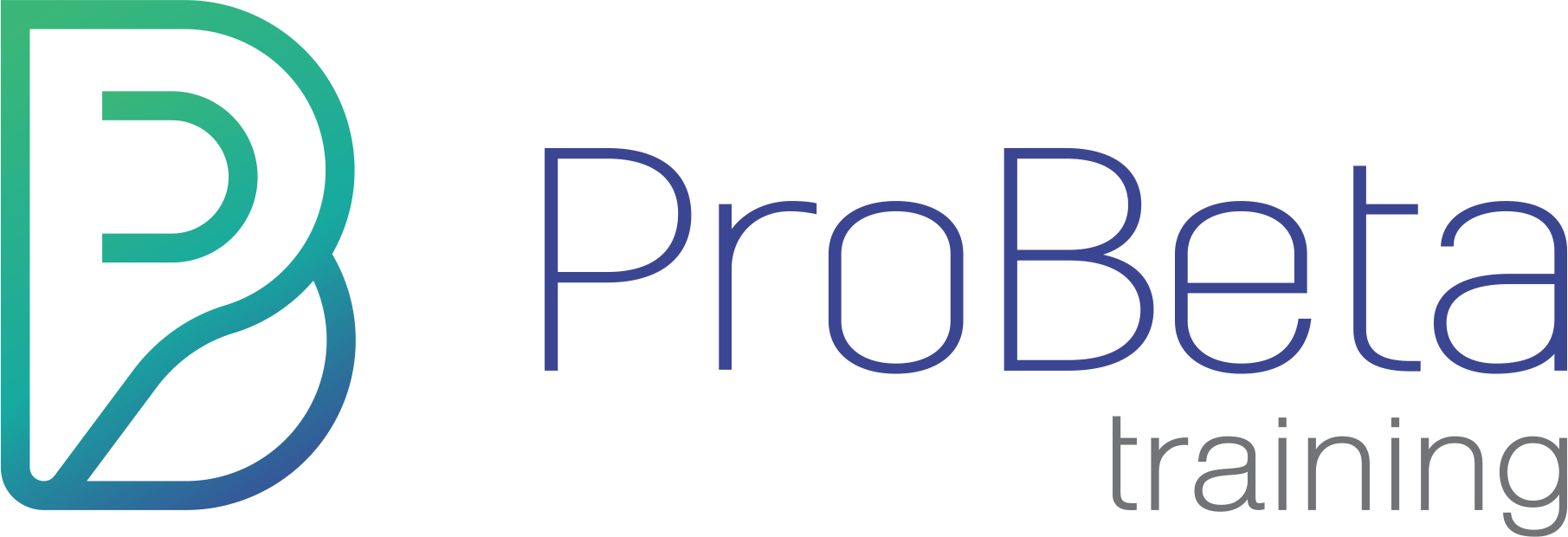Available Course
IFRS (MIPA)
>> Click here to book this training as an In-House course <<
| Duration: | 2 Days |
| CPD Hours: | Attendance at this seminar will secure 13 hour/s verifiable CPD points including other professional bodies (SAICA, SAIBA, ACCA, IACSA, IRBA & etc) |
| Course Facilitator: |
Tristan White
T: 0118861395 E: nerissa@probetatraining.co.za |
| Back | |
IFRS 9 Financial Instruments
IFRS 9 is complicated. But it doesn’t have to be… Join us as we simplify the standard and work through principles practically so that we can bust the myth that IFRS 9 is complicated.
Break down IFRS 9 to help professionals better understand what is required of them when accounting for financial instrument transactions and preparation of financial statements, thereby overcoming the fear and uncertainty that IFRS 9 brings.
IFRS 13 Fair Value Measurement
IFRS 13 is never used on its own. Other standards may permit/require the use of a fair value to measure an asset or liability, and the procedure to follow in terms of where a fair value can be obtained from is contained within IFRS 13.
Fair value is a market-based measurement, not an entity-specific measurement. The objective of fair value measurement is to estimate the price at which an orderly transaction to sell the asset or to transfer the liability would take place between market participants at the measurement date under current market conditions.
IFRS 15 Revenue
IFRS 15 was introduced to bring simplicity to revenue reporting, allowing for a universal conceptual approach that adapts to all types of industries looking to account for their revenue. IFRS 15 moves away from the old IAS 18 approach which aimed at providing guidance based on specific revenue streams, for example, sale of goods revenue versus services rendered revenue, to a more flexible “one-fits-all” approach.
The plan for this session is to:
a) simplify the theory and
b) help you visualize its application through examples.
IFRS 16 Leases
The new Lease standard is fully effective for entities with financial periods ending on 31 December 2019 and thereafter. A major hang-up is that the approach to accounting for leases has changed from the old IAS 17, and many accountants are forced to unlearn old ways and embrace the new.
Join us as we push through the uncertainty that comes with a new IFRS standard and looks to make the theory practical for both lessors and leases, regardless of whether the lease is financial or operating.
IFRS 10 Consolidated Financial Statements
When faced with the daunting task of preparing a set of group financial statements for entities that are required to consolidate, there is often a fair amount of panic and uncertainty for finance professionals as well as auditors.
This session will look to break down the daunting consolidation process into bite sizes,
- Ensuring that you follow the technically correct consolidation procedures of IFRS 10 when preparing consolidated financial
statements, as well as,
- Practically equipping you through the use of examples, to help visualize typical consolidation entries and goodwill calculations.
IFRS 9 Financial Instruments
This session provides a high-level overview of the following aspects of IFRS 9 Financial Instruments:
- Recognition
- Classification of financial instruments
- Measurement
- Impairment
- Derecognition
IFRS 13 Fair Value Measurement
This session provides a high-level overview of the following aspects of IFRS 13 Fair Value Measurement:
- Objective + Scope
- Measurement Sources
- Hierarchy for Obtaining a Measure
- Disclosure
IFRS 15 Revenue
This session provides a simplified overview of the following aspects/requirements of IFRS 15 Revenue from Contracts with Customers:
- Objective + Scope
- 5-Step model for accounting, detailing recognition and measurement
- Contract costs
- Presentation and Disclosure
IFRS 16 Leases
This session provides a high-level overview of the fundamental aspects of IFRS 16 Leases:
- Objective + Scope
- Are Operating leases still a thing? “Recognition exemptions”
- Identifying a lease + Separating components
- Accounting by lessees
- Accounting by lessors – finance versus operating lease
IFRS 10 Consolidated Financial Statements
This session will unpack several key questions when consolidating:
• Who must prepare consolidated financial statements?
• Are standalone financial statements also required?
• When do I have “control” over another entity, leading to the need to consolidate?
• What are the consolidation procedures/entries for preparing consolidated financial statements?
• Practical examples to illustrate typical consolidation entries
None
